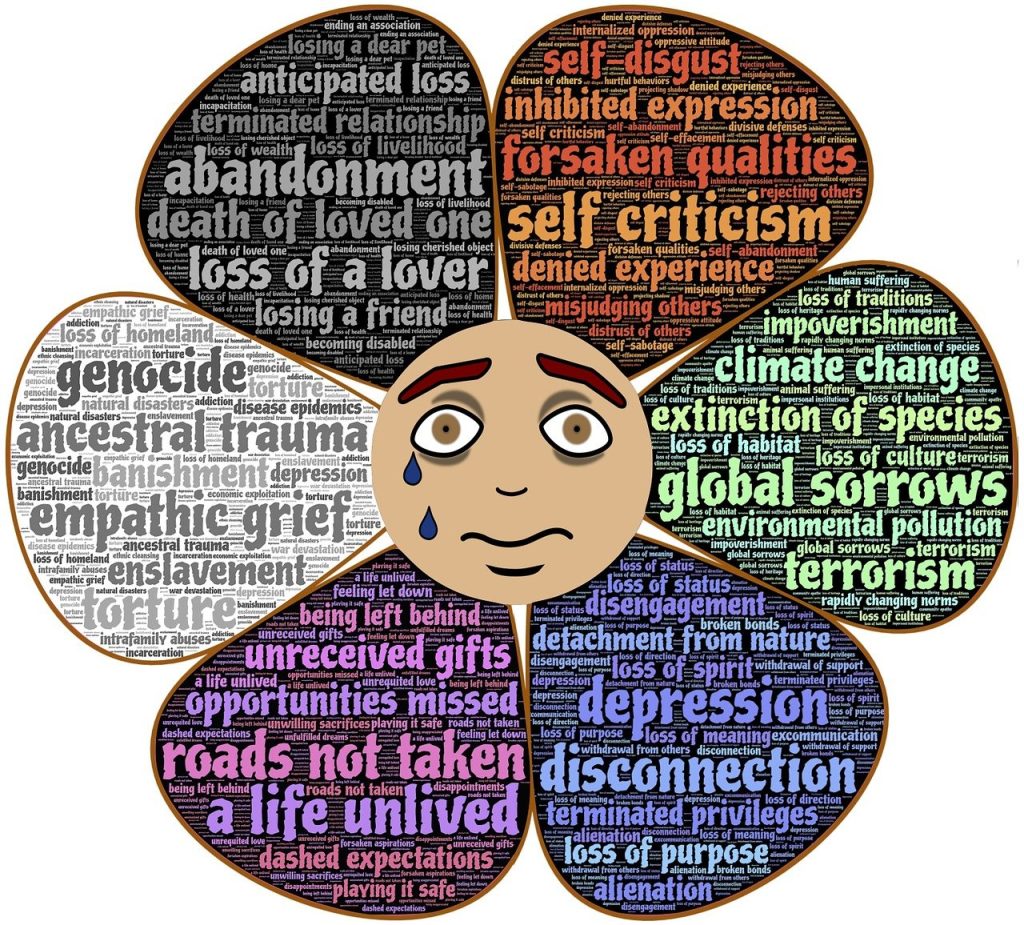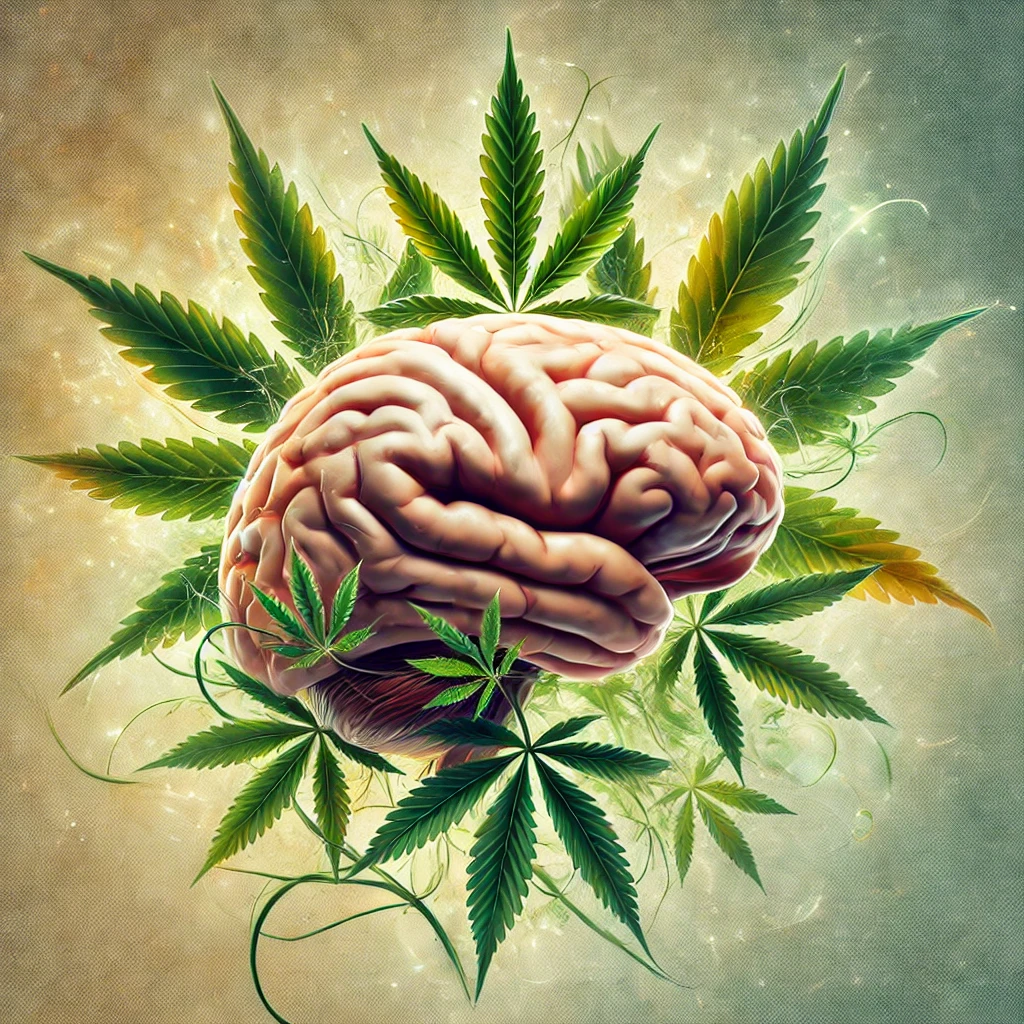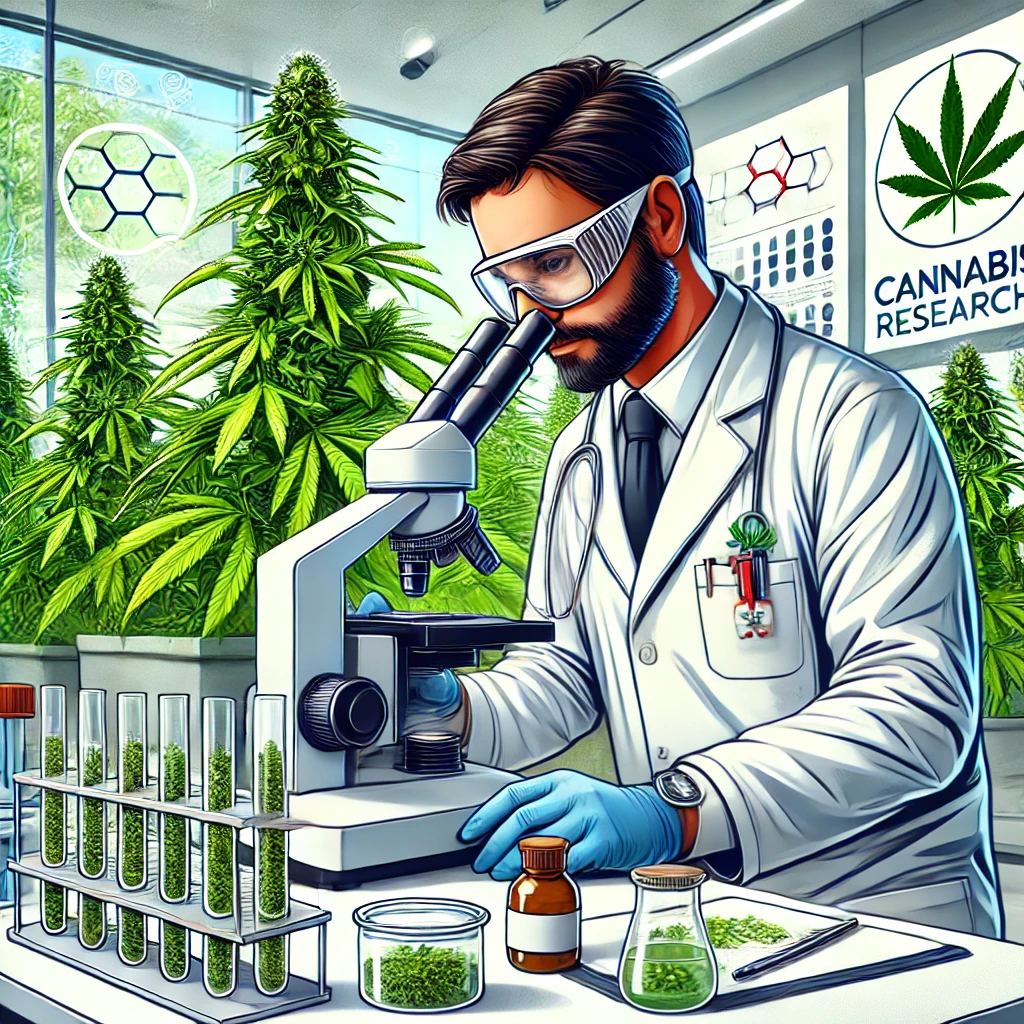Since delving deeper into mental health I have learnt more about the ECS (Endocannabinoid System), trauma and adversity and the ACE study, so why not combine these into one blog and discuss my anecdotes also?
We know that the ECS is a cell-signalling system that regulates many aspects of the body from sleep to appetite, mood and even pain – to briefly touch on the subject. The ECS primarily works with endocannabinoids, which are naturally produced in the body, although on demand, can also be derived as phytocannabinoids from the cannabis plant.
Read more here
Trauma is known to impact many aspects on the body from sleep to appetite, mood and even pain- to briefly touch on the subject – and yes, that’s an exact copy of the sentence that I used above for the ECS and although in no way am I comparing the two, it’s important to see just at first glance, how the possibilities could be endless here. With patients with 6 or more ACEs, the possibility of an extended lifetime by a quarter, a fifth, is that not incredible? To avoid millions of diagnosis’, deaths with accurate trauma care would be the ideal situation, no? So let’s look into how CBMP’s may be able to assist with Long-Term Trauma.

Trauma is different for everyone, and can be caused by many reasons and are valid even if not classed as an ACE. This blog will look at a more general approach to trauma response, not specifically the ACEs.
For patients with constant activation of stress receptors due to trauma, this can cause increased cortisol levels, which can affect multiple sections of the brain and cause difficulties in emotion regulation and can lead to hypervigilance and/or anxiety. With our previous knowledge on the ECS and how it aids in the regulation of mood as well as stress response, as seen in PTSD and CPTSD, it makes sense that the ECS is seen to be disrupted in those patients.
The CB1 and CB2 receptors modulate receptors that ensure the normal development of brain tissue, which could be beneficial in patients with ACEs, as the normal development of this healthy tissue will increase normal and healthy amounts neurotransmitters flow.
CB1 receptors will be triggered by THC within cannabis and CB2 receptors will be triggered more by CBD. The CB1 receptors will work with the THC to increase brain function in areas such as the Hippocampus and/or Medical Prefrontal Cortex MPFC, (as found in another study conducted by Leanne M Williams et al) which are mainly responsible for emotional regulation and anxiety as well decision making, attention, memory and impulsivity, where CB2 receptors will work directly with a serotonin receptor called 5-HT1A, brought to us as valuable research conducted by Alexandre R de Mello Schier et al.
Read the full study here

It is clear to see how those patients at an immediate disadvantage from childhood, could benefit from the use of CBMP’s; although the discussions will remain on children and young adults and their use of cannabinoids – which I will delve into later down the line.
Additionally and thankfully, it is now widely documented within the Medicinal Cannabis community that safe and compliant medicinal cannabis use has been found to reduce alcohol and tobacco use, which is one of the results of scoring for (an) ACE.
In my experience, the use of cannabis has helped with the ‘fight or flight’ response I usually feel. Although mine is usually ‘flight’ it (medicinal cannabis) has brought back the ‘fight’ option in me, I felt stronger and more stable within myself and seem to have more rational decisions. Whilst usually getting very easily frustrated with even the slightest issues such as dropping the spoon on the kitchen counter I just cleaned, with the cannabis I am able to regulate my frustrations better and seem to have a higher tolerance.
What has any of that got to do with trauma you ask? The thoughts that come into mind after going through an experience, even as small as the example above, is that I am worthless, that I am unable to achieve anything in life, that I will always continue to be stood still or going back in life, I feel like I have not made any progression in my life, I feel alone and I remember every traumatic event that has happened in my life until it is all I can think about and this can lead to a whole week or two of crisis, so having my medication available is more than just ‘not getting annoyed at dropping a spoon’
My nightmares reduce drastically, so I am not reliving my traumas repeatedly throughout the nights and causing severe sleep disturbances.
I feel more energetic within myself, I have less anxiety and feel more confident, my mind does not hyperfocus and I am able to function on tasks at hand without feeling like my body is working from the inside to pull me back into crisis.
I heard about the ACE study at 27, I heard about the ECS at 25. I have been dealing with trauma and mental health problems from the age of 7 and I have seen countless professionals. Why was I not informed about any of the above, until I did my own research, fought for my own answers?
We need to change our approach to healthcare in general and focus on newer studies, because the current one does not seem to be working for either the patients or the professionals in many ways. Is this the future? If so, why can we not make it the ‘now’ ?

Sources
